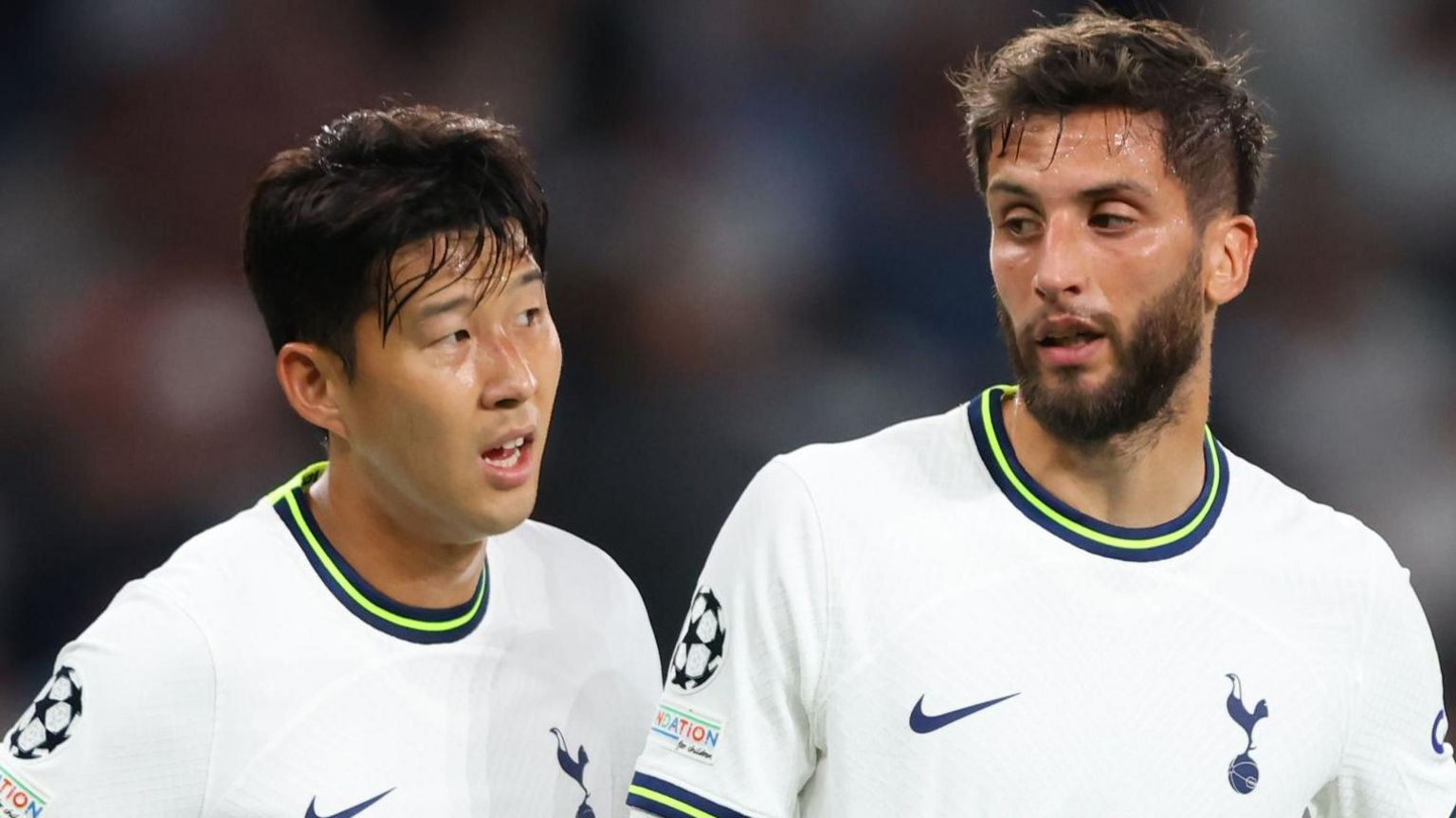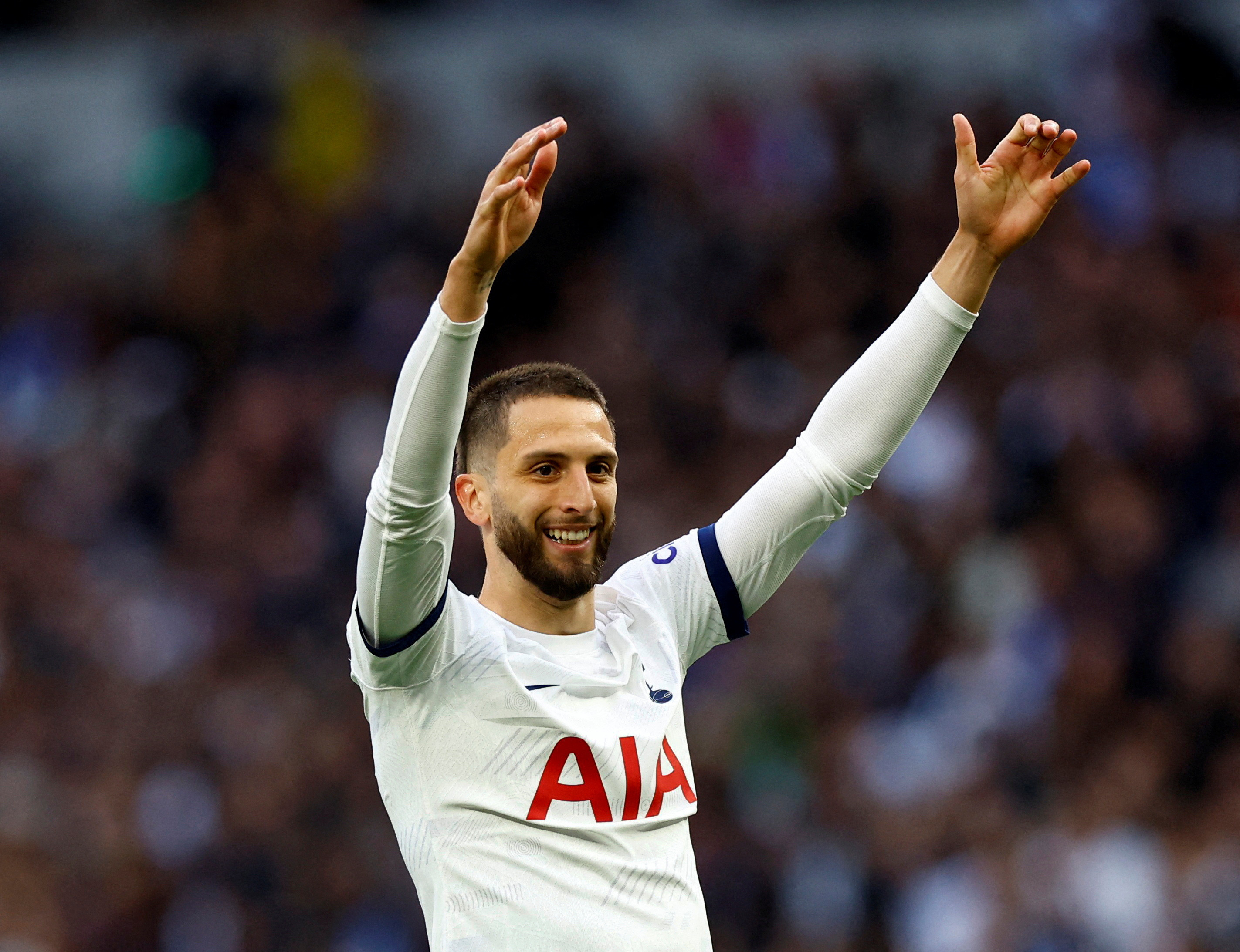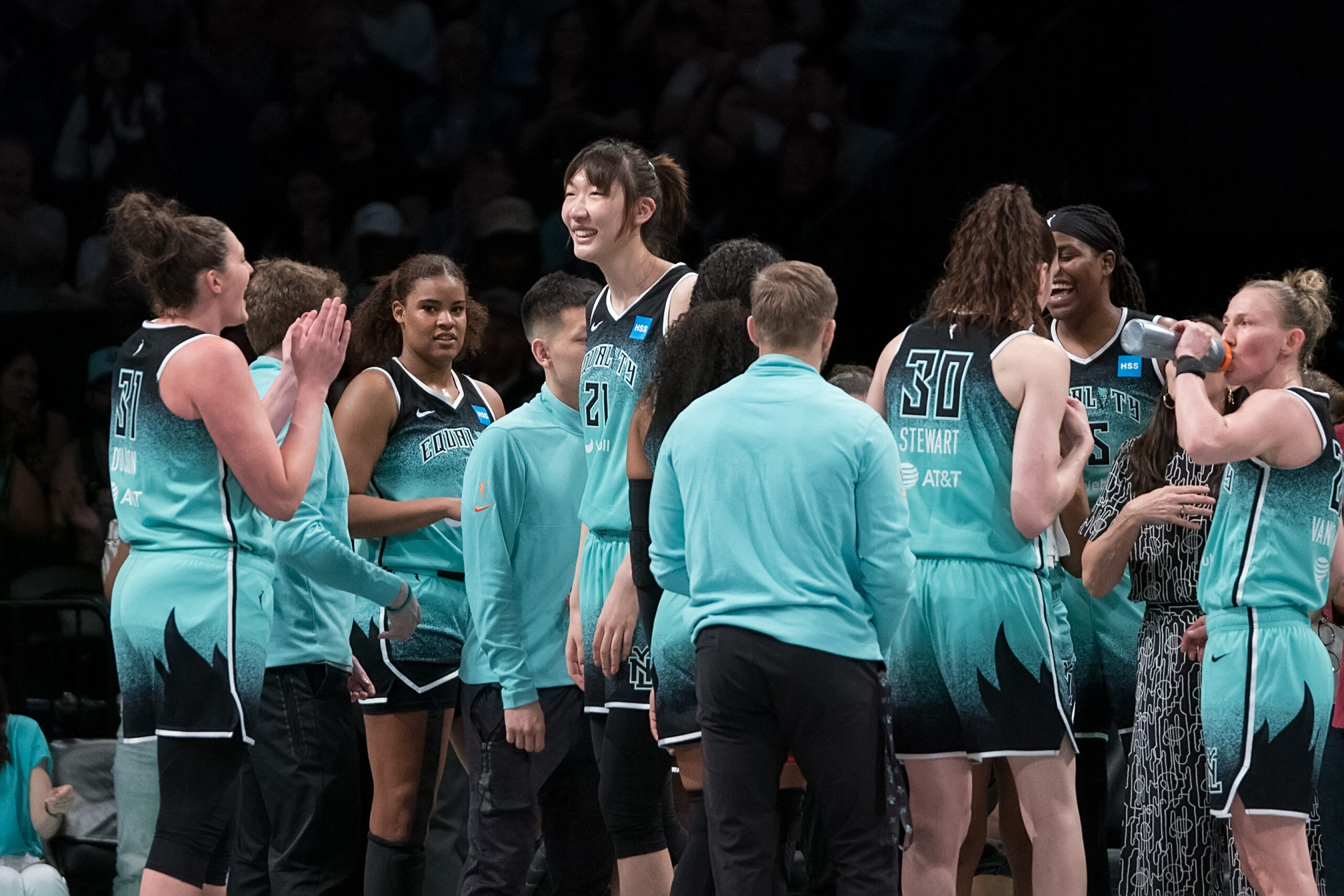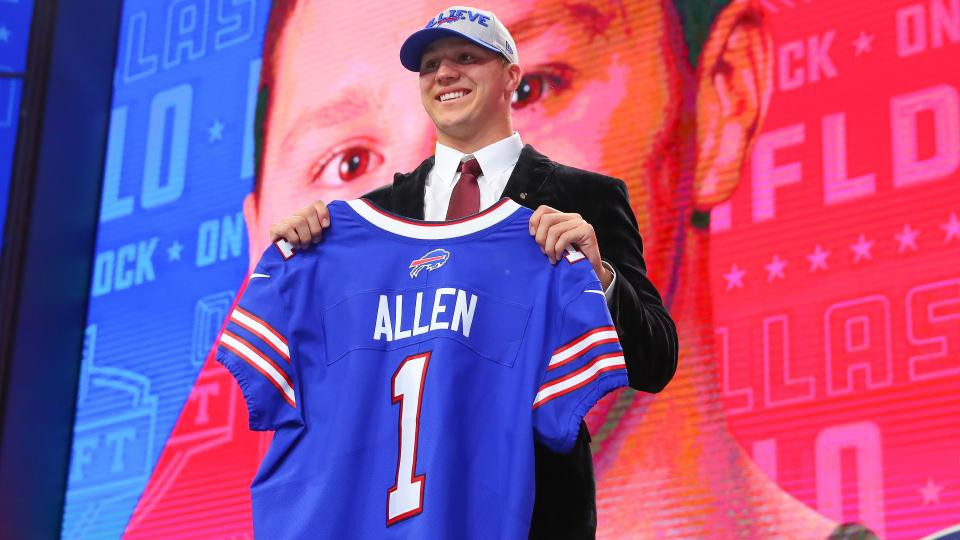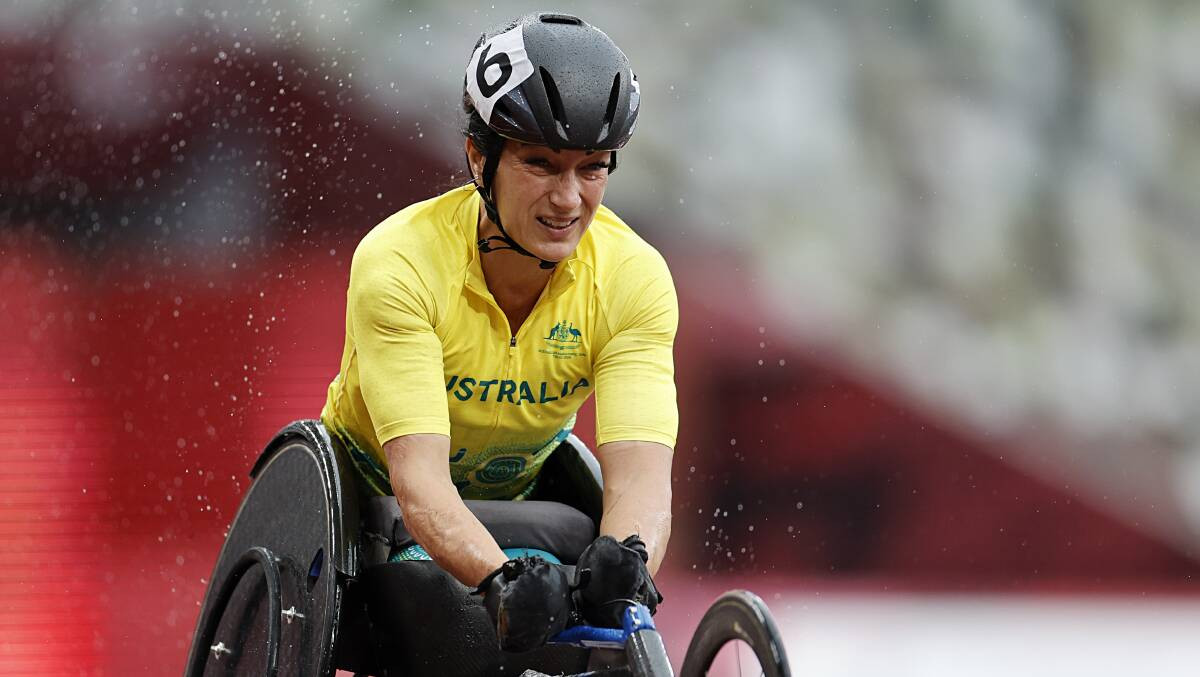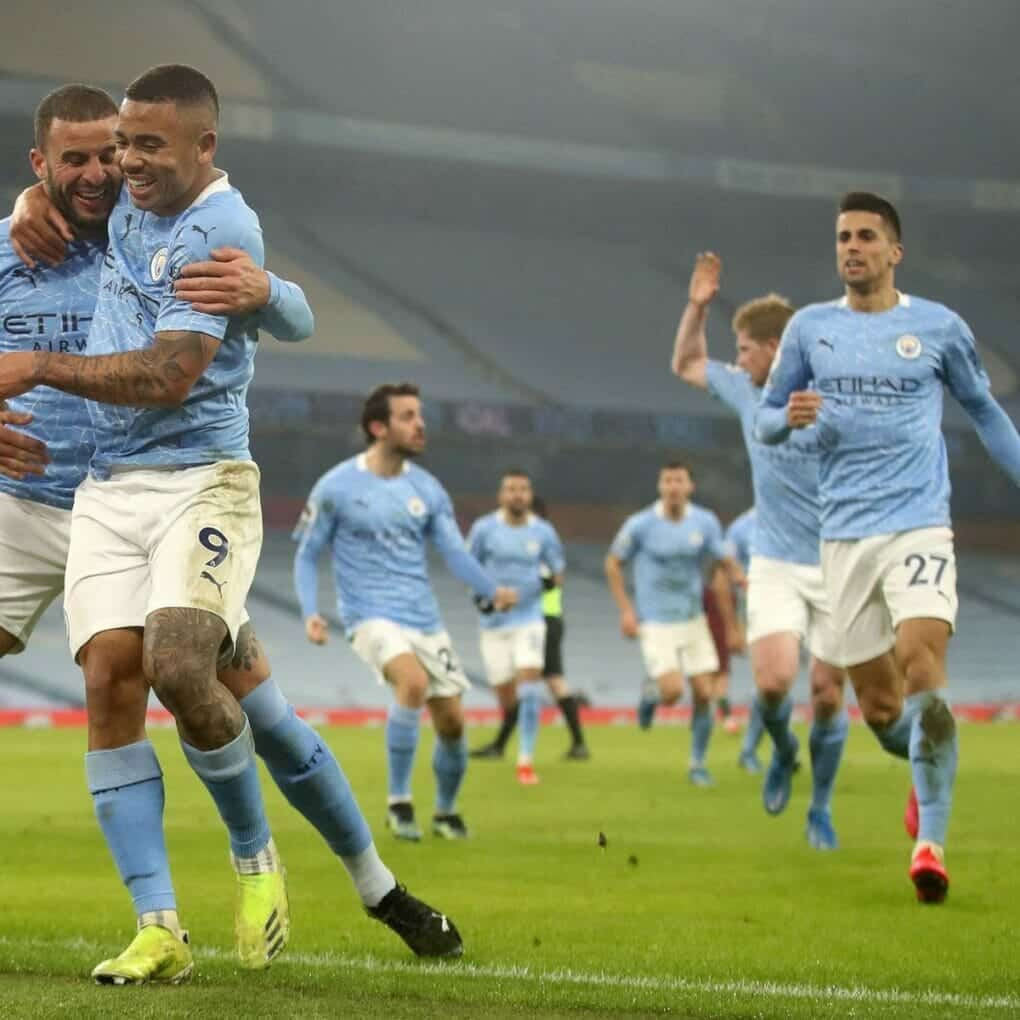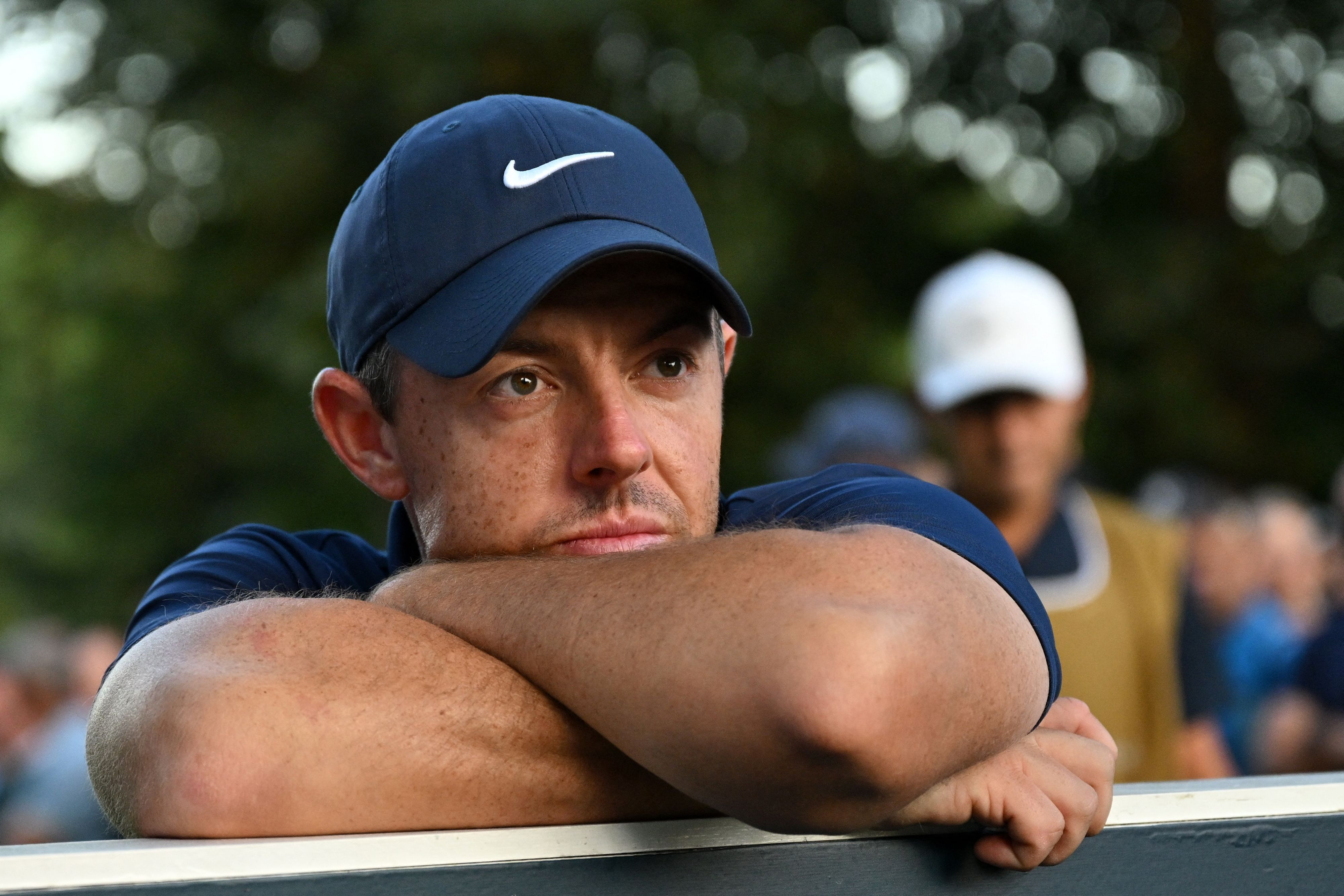Tottenham's Appeal: A Controversial Decision
The football world is abuzz with Tottenham Hotspur's decision to appeal Rodrigo Bentancur's seven-game ban for making a racist comment about teammate Son Heung-min. The incident, which occurred during an interview with Uruguayan journalist Rafa Cotelo in June, saw Bentancur remark that Son and his cousins “all look more or less the same.” This comment, deemed an aggravated breach of FA regulations due to its reference to Son's ethnicity, sparked immediate controversy.
The Initial Incident and Subsequent Apologies
The interview, part of a 45-minute film posted on Cotelo's YouTube channel, quickly gained attention. Bentancur's comment caused offense, leading him to issue a public apology via Instagram. He called it an “unfortunate misunderstanding,” asserting that “all has been clarified and solved with my friend (Son).” Son himself publicly confirmed receiving an apology and stated that Bentancur's comment was a mistake, affirming their brotherhood.
The FA's Decision and Tottenham's Appeal
The English Football Association (FA) subsequently charged Bentancur with an aggravated breach of Rule E3.1, leading to a three-member regulatory commission hearing. Despite Bentancur's apologies, the commission upheld the charge and issued a seven-game domestic ban, a decision the club is appealing. Tottenham's statement emphasized acceptance of the guilty finding but argued that the sanction was “severe.” The appeal aims to potentially reduce the ban by one game to the six-game minimum for such offenses, allowing Bentancur to return to Premier League action earlier than the current December 26th date.
Postecoglou's Defense and the Club's Rationale
Tottenham manager Ange Postecoglou defended the appeal, stating he's uninterested in the public perception. He maintains that while Bentancur made a mistake, the initial ban was too harsh and that education, rather than solely punishment, should be the focus. Postecoglou’s position reflects Tottenham's belief that the ban is disproportionate, though they acknowledge the need for punishment. They contend that Bentancur's comment was not intentionally malicious. Tottenham's view is that the seven-game ban is harsh, pointing to shorter bans in similar cases. In contrast to other instances where players received lighter penalties for written comments, the FA used a stricter standard for a spoken comment, in this instance. Tottenham is emphasizing that the ban is harsh in comparison to those received by other players.
The Ethical Implications and Public Reaction
The club's decision to appeal, however, has been met with widespread criticism. Many view the appeal as prioritizing Bentancur's availability for matches over acknowledging the gravity of the racist remark. The appeal creates the impression that Spurs value sporting performance over the need to address racism in the sport. The club's significant South Korean fanbase has been particularly vocal, expressing disappointment and offense. The incident highlights the ongoing challenge of combating racism in football and the complex interplay between sporting justice and social responsibility.
The Future of the Appeal and its Long-Term Impact
The outcome of Tottenham's appeal will have significant implications for both the club and the broader football community. While reducing the ban by one game is the best-case scenario, the appeal's very existence has perpetuated controversy and overshadowed the central issue of addressing racial discrimination. The appeal's outcome will shape future discussions of racial incidents in football, whether clubs prioritize sporting considerations or take a stronger stand against racism, and the role education should play in the resolution of such incidents. The situation underscores the complexities of dealing with racist incidents in football and its lasting impact beyond the field. The incident will undoubtedly fuel further discussions on how such offenses are handled within the football governing bodies.
Unraveling the Complexities: A Deeper Look into the Case
The decision to appeal highlights the tension between maintaining club performance and upholding ethical standards. While Tottenham might argue the severity of the punishment, critics see the appeal as prioritizing sporting gains over addressing the core issue of racism and the impact it has on the club’s diverse fanbase. This highlights a recurring dilemma in professional sports: how to balance a player's individual actions with the broader implications for the club’s image and the overall fight against racism. The case serves as a reminder of the importance of sensitivity and accountability in all aspects of football.
Conclusion: The Lingering Questions
The appeal has undoubtedly sparked debate, questioning whether Tottenham's actions align with the club's commitment to diversity and inclusion. The long-term effects of this incident will likely extend far beyond the football pitch, shaping discussions on player accountability, club responsibility, and the ongoing fight against racism in sports. This case serves as a reminder for organizations to consistently uphold ethical principles and demonstrate genuine commitment to fighting racism in sport. The lack of internal punishment for Bentancur at the club, coupled with the appeal, has left many questioning Tottenham’s true stance. The road ahead requires a renewed focus on education and genuine efforts to prevent similar incidents. Only through sustained commitment and decisive action can football tackle the pervasive problem of racism effectively.




